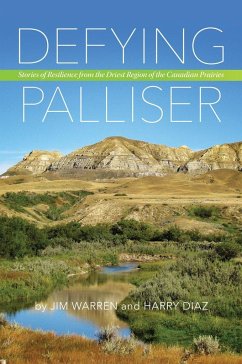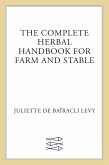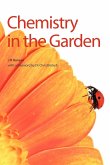After travelling through the Canadian prairies in the 1850s, British adventurer John Palliser deemed a large portion of the region to be a near desert and unfit for agriculture. That reportedly disadvantaged area became known as Palliser's Triangle. In Defying Palliser farmers and ranchers from southwest Saskatchewan and southest Alberta--residents in the Palliser Triangle--tell how they have challenged Palliser's prediction. Incorporating the latest research on adaptive capacity and climate change, these stories of self-reliance, inventiveness and community solidarity reveal a remarkably resilient people who have adapted and survived in the driest, most drought-prone climate on the Canadian Prairies.
Hinweis: Dieser Artikel kann nur an eine deutsche Lieferadresse ausgeliefert werden.
Hinweis: Dieser Artikel kann nur an eine deutsche Lieferadresse ausgeliefert werden.





![College Signal [microform]; Sep 16 1912 - Jun 16 1914 College Signal [microform]; Sep 16 1912 - Jun 16 1914](https://bilder.buecher.de/produkte/65/65535/65535343m.jpg)


![A Study of the Arsenic Content of Pennsylvania Tobacco and Tobacco Soils [microform] A Study of the Arsenic Content of Pennsylvania Tobacco and Tobacco Soils [microform]](https://bilder.buecher.de/produkte/66/66189/66189552m.jpg)